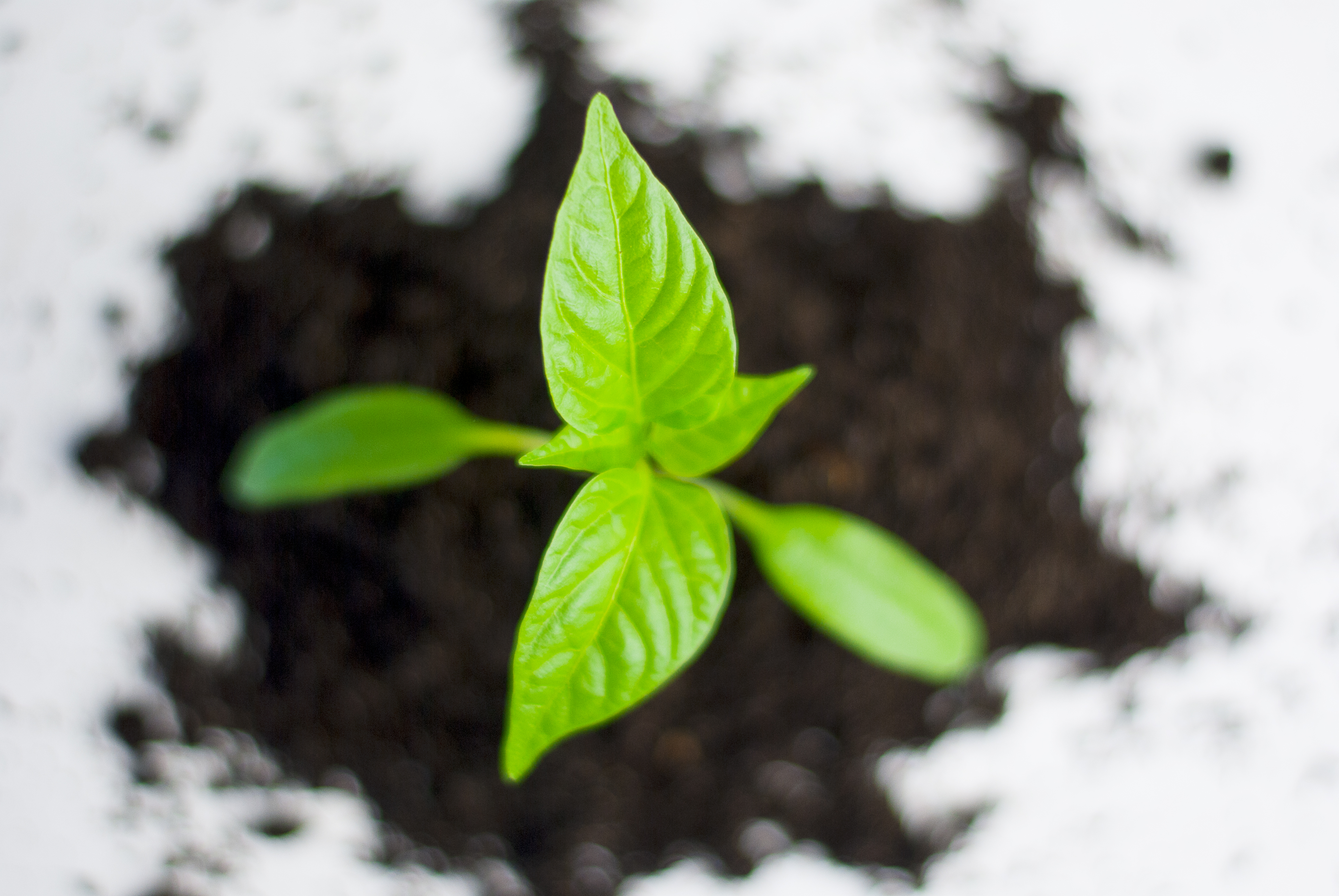
How do we feed a growing population – which some estimate will reach 9 billion in the next 30 years – with minimal eco-footprint? Against widespread belief, shifts in food production systems — a move from conventional to organic agriculture or grass-fed beef – won’t be enough if we’re to stave off irreversible environmental degradation, says a new study based on more than 700 production systems for more than 90 types of food, by University of Minnesota. Rather, the researchers convincingly argue that we should prioritize the adoption of practices that increase yields, productivity, and agricultural input use efficiency.
The world population is expected to increase by 40%, while associated global food production needs are expected to expand by more than 70% to meet growing food and feed demand. One of the challenges we face with feeding a growing population is environmental pressure. Namely, agriculture already accounts for one-third of our greenhouse gas emissions, it is a major land use, and one of the main contributors to air, soil and water pollution.
Indeed, it has been proposed that low-input systems such as organic farming — a system aimed at producing food with minimal harm to ecosystems, animals or humans, could help feed the world. Many people assume that, with organic agriculture, environmental costs tend to be lower, because organic production bans the use of synthetic fertilizers and pesticides. In reality, the situation is far more complex.
For their study, Clark and Tilman examined the environmental effects of different systems, crops and input efficiencies, such as feed and fertilizers.
Farmers must combine the benefits of different production systems.
Notably, they discovered that organic systems use less energy, yet require more land to yield the same amount of food, have higher eutrophication (nutrient runoff) potential, and emit similar greenhouse gas emissions as conventional agriculture.
However, the study, published in the journal Environmental Research Letters, does not imply conventional practices are sustainable. Instead, the authors suggest that farmers must combine the benefits of different production systems, for example organic’s reduced reliance on chemicals and soil additives with the high yields of conventional systems, seeking efficiency boosts across the board.
Interestingly, the study also shows that larger dietary shifts, for instance, global adoption of low-meat or vegetarian diets, would directly benefit environmental sustainability and human health.
“It’s essential we take action,” professor Tilman says, “to increase public adoption of low-impact and healthy foods, as well the adoption of low impact, high efficiency agricultural production systems.” In order to do so, it is critical to go beyond the conventional vs organic debate and focus instead on the uptake and development of smarter ways to farm, including the use of new farming technologies.
It is critical to go beyond the conventional vs organic debate and focus instead on the uptake and development of smarter ways to farm.
If changes to diets and farming methods aren’t made, researchers warn, increases in fertilizer and pesticides, greenhouse gas emissions and land clearing will be necessary to feed the planet’s growing populations.
“We must make serious choices, before agricultural activities cause substantial, and potentially irreversible, environmental damage,” concludes Professor Tilman.
